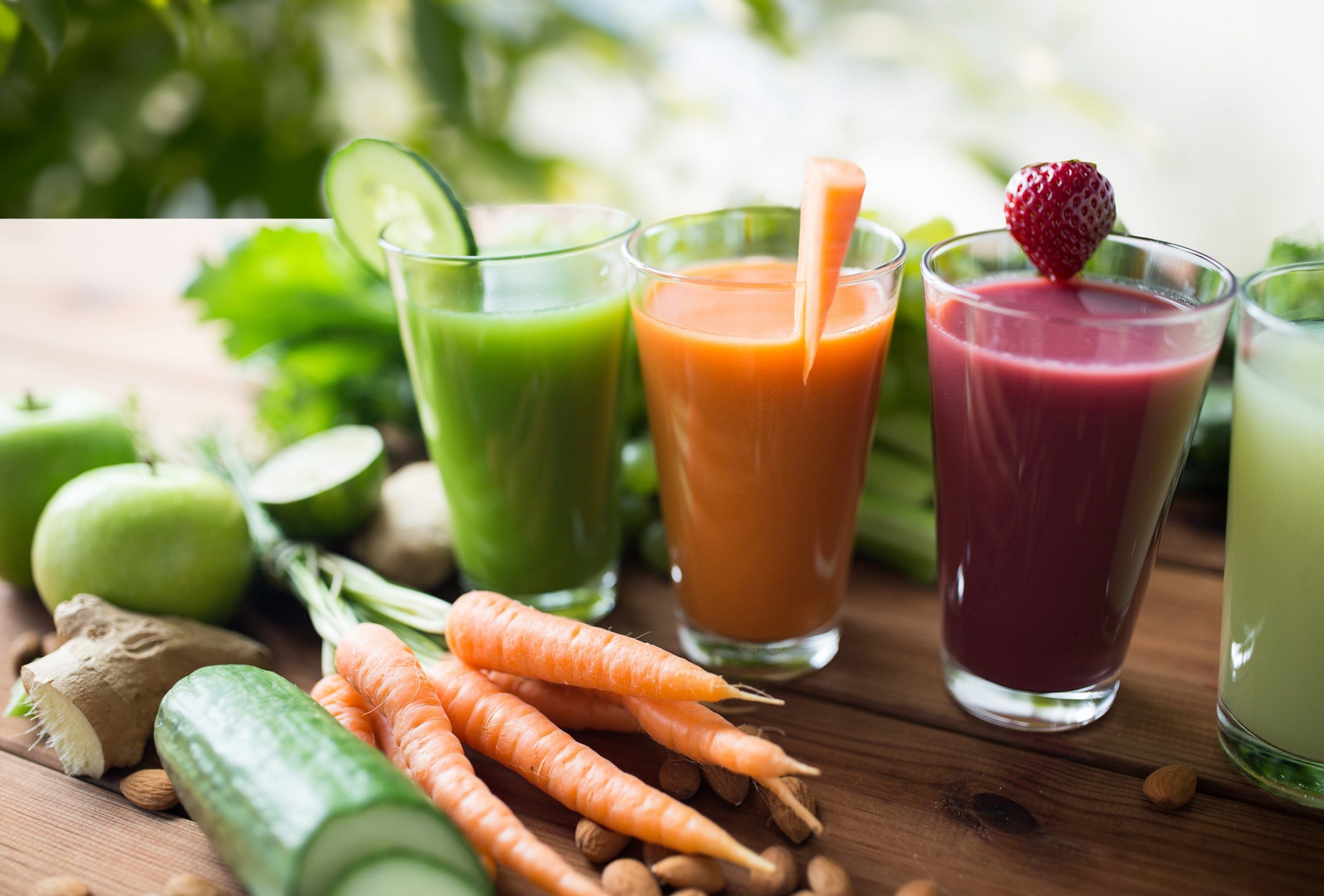Juicing has gained immense popularity in recent years as a convenient and effective way to consume a variety of nutrients in a concentrated form. While fruits are often the main focus of juicing, vegetables play a crucial role in providing essential vitamins, minerals, and antioxidants. In this comprehensive guide, we will explore the 12 best vegetables to juice, along with their health benefits and tips for incorporating them into your juicing routine.
1. Kale:
Kale is a nutrient powerhouse and an excellent choice for juicing. Packed with vitamins A, C, and K, as well as minerals like calcium and iron, kale supports healthy bones, boosts immunity, and promotes detoxification. Its slightly bitter taste can be balanced with the addition of sweeter fruits like apple or pineapple.
2. Spinach:
Spinach is another leafy green that is ideal for juicing. It is rich in iron, folate, and vitamins A and C. Regular consumption of spinach juice can enhance digestion, improve skin health, and strengthen the immune system. Mixing spinach with cucumber or lemon can add freshness to the juice.
3. Carrots:
Carrot juice is not only delicious but also highly nutritious. Carrots are an excellent source of beta-carotene, which is converted into vitamin A in the body. Vitamin A is essential for maintaining good vision, healthy skin, and a robust immune system. Combining carrots with ginger or orange can create a flavorful juice blend.
4. Beets:
Beets are known for their vibrant color and numerous health benefits. They contain betaine, a compound that supports liver health and detoxification. Beets are also rich in nitrates, which have been linked to improved exercise performance. Combining beets with apple or lemon can help balance their earthy flavor.
5. Celery:
Celery is a hydrating vegetable that is low in calories and high in fiber. Juicing celery can help regulate blood pressure, support digestion, and reduce inflammation. Its mild flavor makes it a versatile ingredient that can be combined with various other vegetables and fruits.
6. Cucumber:
Cucumber juice is refreshing and hydrating, making it an excellent base for any vegetable juice blend. Cucumbers are high in antioxidants, promote hydration, and support healthy skin. Adding cucumber to your juice can help balance the flavors and provide a cooling effect.
7. Bell peppers:
Bell peppers, especially the brightly colored ones, are rich in vitamins A and C. These antioxidants help fight free radicals and support overall health. Bell peppers add a tangy and slightly sweet flavor to your juice, making it more enjoyable. They can be juiced along with other vegetables like tomatoes or carrots.
8. Broccoli:
Broccoli is a cruciferous vegetable that is packed with nutrients and powerful antioxidants. It is an excellent source of vitamin C, vitamin K, and folate. Juicing broccoli can provide anti-inflammatory benefits, support detoxification, and boost immune function. Combining it with lemon or apple can enhance the taste.
9. Parsley:
Parsley is not only a flavorful herb but also a nutrient-dense vegetable. It is rich in vitamins A, C, and K, as well as iron and folate. Parsley juice can aid digestion, support kidney health, and freshen breath. Combining parsley with cucumber or lemon can create a refreshing juice blend.
10.Swiss chard:
Swiss chard is a leafy green that offers an abundance of vitamins and minerals, including vitamins A, K, and C, as well as magnesium and potassium. It supports healthy bones, aids digestion, and helps regulate blood pressure. Juicing Swiss chard with apple or ginger can add sweetness and spice to the juice.
11.Tomatoes:
While technically a fruit, tomatoes are often used in vegetable juices due to their versatility and health benefits. They are rich in lycopene, a potent antioxidant that may reduce the risk of certain cancers. Tomato juice is also a good source of vitamins A and C. Combining tomatoes with celery or cucumber can create a refreshing juice blend.
12.Ginger:
- Although not a vegetable in the traditional sense, ginger is a popular addition to vegetable juices for its powerful anti-inflammatory and digestive benefits. It adds a spicy kick and helps mask the strong flavors of certain vegetables. Start with a small piece of ginger and adjust the quantity based on your taste preferences.
- When juicing vegetables, it’s essential to choose fresh and organic produce whenever possible. Wash them thoroughly before juicing and remove any tough stems or seeds. Experiment with different combinations of vegetables and fruits to find flavors that you enjoy. Remember to drink your juice immediately after preparation to preserve the maximum nutrient content.
- In conclusion, these 12 vegetables offer a wide range of health benefits and can be a fantastic addition to your juicing routine. Incorporate them into your diet regularly to enjoy their nutrient-rich goodness and promote overall well-being. Cheers to a healthier you!
- THC Vapes By Just Delta-Riding High: A Flavorful Journey Through Just Delta’s THC Vapes - March 16, 2024
- Lost Mary Disposable Vapes: A Flavorful Vaping Adventure Explored - October 9, 2023
- The 12 Best Vegetables to Juice - July 18, 2023

